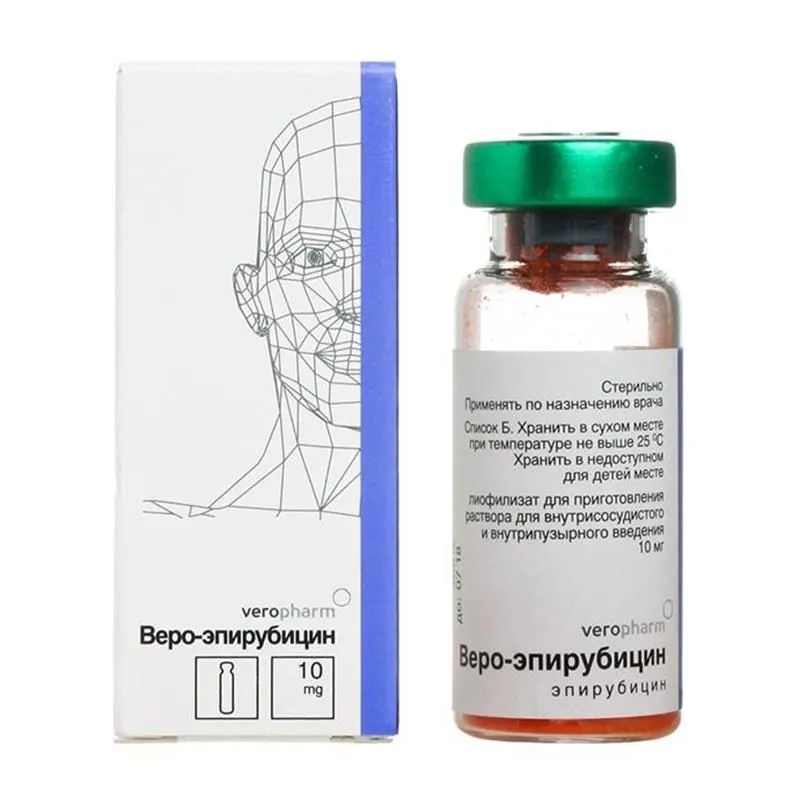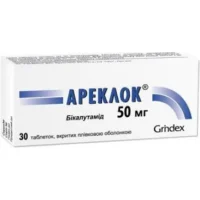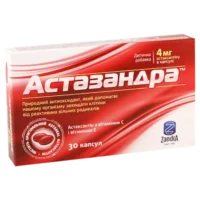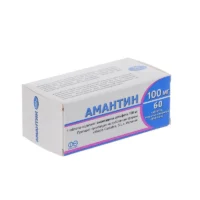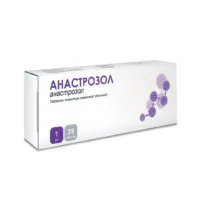Description
Epirubicin Medak (Epirubicin) Solution for Injections 2 mg/ml – Vial 10 ml
Composition
Epirubicin is the active ingredient in Epirubicin Medak. Each milliliter of the solution contains 2 mg of Epirubicin hydrochloride.
Mechanism of Action
Epirubicin, a member of the anthracycline class of chemotherapy drugs, acts by inhibiting DNA and RNA synthesis in cancer cells, ultimately leading to cell death.
Pharmacological Properties
Epirubicin Medak exerts its cytotoxic effects by intercalating into DNA strands, disrupting DNA replication and RNA transcription processes in cancer cells.
Indications for Use
Epirubicin Medak is indicated for the treatment of various malignancies, including breast cancer, stomach cancer, and lung cancer. It is commonly used in both solid tumors and hematological malignancies.
Contraindications
Do not use Epirubicin Medak if you have a known hypersensitivity to Epirubicin or any other components of the formulation. Prior medical consultation is essential to evaluate individual risk factors.
Side Effects
Common side effects of Epirubicin Medak may include nausea, vomiting, myelosuppression, alopecia, and mucositis. Close monitoring for cardiotoxicity is crucial during treatment.
Usage Instructions
Epirubicin Medak should be administered intravenously under the supervision of experienced healthcare professionals. Dosage is individualized based on the patient’s body surface area and overall health status.
Benefits Compared to Analogues
Epirubicin Medak offers a well-established safety and efficacy profile, particularly in breast cancer treatment. Its proven effectiveness in combination regimens enhances overall treatment outcomes.
Suitable Patient Groups
Epirubicin Medak can be used in various patient populations, including adults, elderly individuals, and pediatric patients under specialized oncology care.
Storage and Shelf Life
Epirubicin Medak should be stored at controlled room temperature, protected from light. The shelf life of the product is specified on the packaging and should not be exceeded.
Packaging Description
Epirubicin Medak is supplied in vials containing 10 ml of solution for injections, with each milliliter providing 2 mg of Epirubicin hydrochloride. The packaging should be visually inspected prior to use.
Clinical Evidence and Proven Effectiveness
Epirubicin has demonstrated significant efficacy in clinical studies, particularly in breast cancer therapy. Combining Epirubicin with other chemotherapy agents has shown improved survival rates in cancer patients across different malignancies.

